Judas and the Black Messiah is a biopic about Black Panther leader Fred Hampton, but it’s not your regular biopic because it’s told as crime thriller, through the eyes of a snitch, who may be found out at any minute. This film says what it has to say — about race, injustice, police brutality — but excitingly, thrillingly and non-formulaically. It’s the best film of the year so far, which may not be saying much, given how few films have been released, but you get the sentiment. (The Bond film No Time to Die has been postponed so many times I fear none of us will see it in our lifetimes.)
Directed by Shaka King, and written by King, Will Berson, Kenny Lucas and Keith Lucas, the film is based quite accurately, as far as I can fathom, on true events. And it’s best you resist looking up Hampton until afterwards — when you will want to look him up — otherwise you’ll know the ending, which is such a shocker that I’m still reeling. This isn’t a cradle-to-grave journey, thankfully, but instead captures a moment in time in the late 1960s when Hampton, chairman of the Illinois section of the Black Panther party, was just 21 but had already set up breakfast clubs for black kids and was seeking to build a revolutionary ‘Rainbow Coalition’ to draw together all the under-represented groups in Chicago. He was also an electrifying orator, as played electrifyingly by Daniel Kaluuya, who has already won a Golden Globe for his performance. (He was so fiercely committed he took opera lessons for the oration scenes.)
However, J. Edgar Hoover (Martin Sheen in heavy prosthetics) is not impressed by Hampton. Not at all. He fears the rise of this ‘black messiah’ and needs a Judas to bring him down. Enter Bill O’Neal (LaKeith Stanfield), a small-time felon who is coerced by the FBI to infiltrate the Black Panthers and feed back information. What we see is, mostly, what he sees. (The only comparison that comes to mind is Amadeus in which Mozart is seen through the eyes of a plotting Salieri.)
O’Neal succeeds. He even becomes the Panther’s chief of security and Hampton’s friend. Supposedly. But he is always in danger of being found out and the stakes are high. He’ll be tortured and killed by the Panthers if he’s weeded out as a rat. There are many tense moments, including a scene that involves the hot-wiring of a car that is so nerve-racking you will bite your nails until you have no nails left and will have to chew down to the knuckle. I don’t know why Stanfield wasn’t nominated for his role. O’Neal is the trickier part and Stanfield can convey increasing paranoia and internal torture without having to say a single word.
There are some genre elements. There are shoot-outs. There is a romance for Hampton in the form of Deborah Johnson (the excellent Dominique Fishback). But this is exquisitely handled and allows Kaluuya to rein in an otherwise barnstorming performance to play tender, loving, shy.
Every character is fully realised, including O’Neal’s FBI handler, Roy Mitchell (Jesse Plemons), who is sinister on most occasions yet strangely sympathetic at other times, particularly when he has doubts over where Hoover is going with all this. Hoover is always happy to reassure him. If Hampton is not stopped, he tells him, one day your daughter will come home with a ‘negro’ and say she wants to marry him. That scene will chill you to the very bone.
Of course, this has resonance today, particularly in relation to racist police brutality, but at no point do you ever feel you’re being lectured. Instead, the film simply carries you along with its clever, propulsive, fully immersive storytelling. It is the best film of the year so far. Whatever that may be worth.
Got something to add? Join the discussion and comment below.
Get 10 issues for just $10
Subscribe to The Spectator Australia today for the next 10 magazine issues, plus full online access, for just $10.
You might disagree with half of it, but you’ll enjoy reading all of it. Try your first month for free, then just $2 a week for the remainder of your first year.

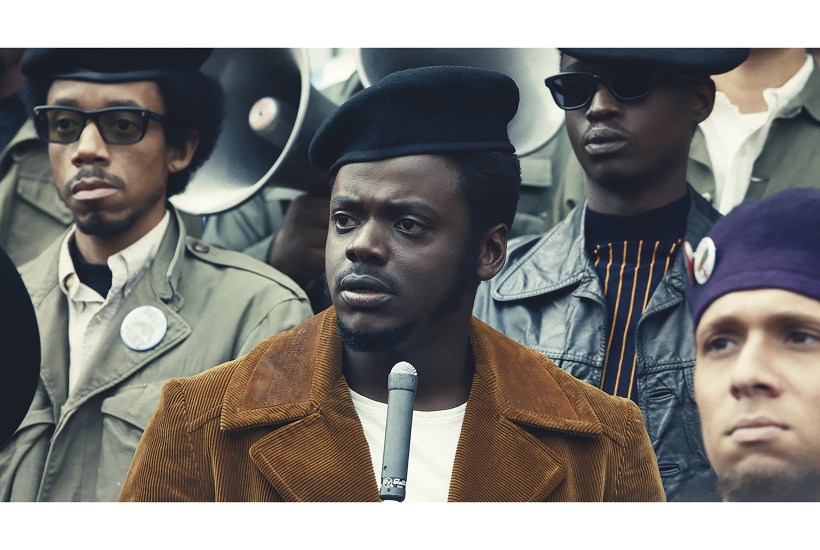
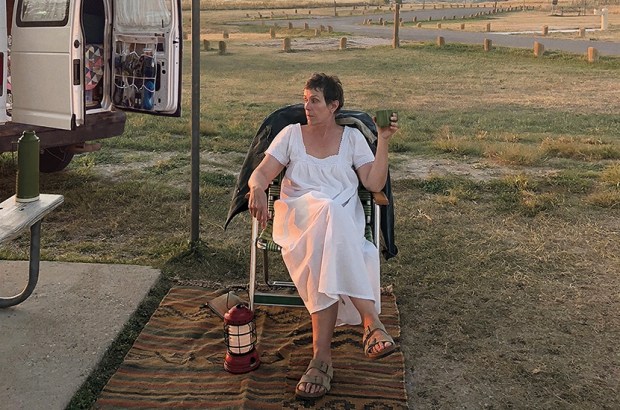
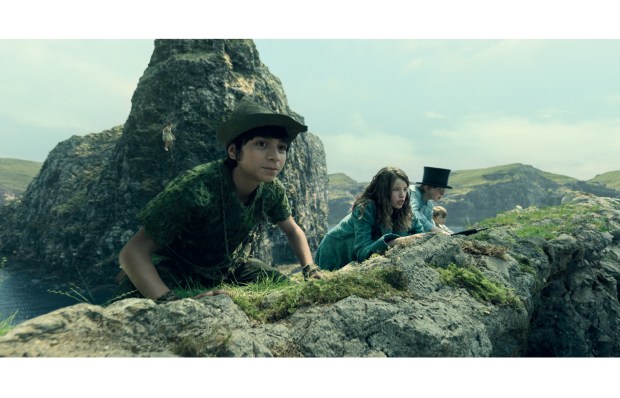
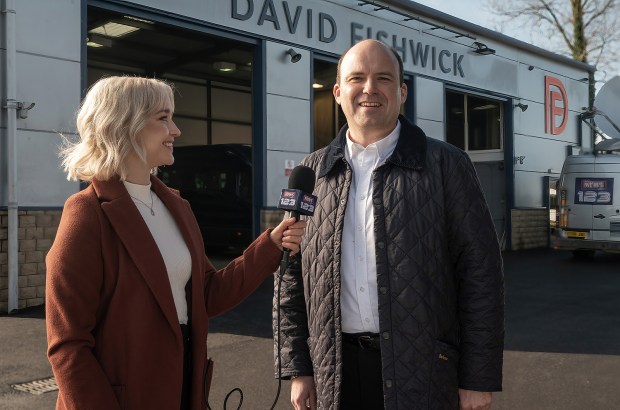
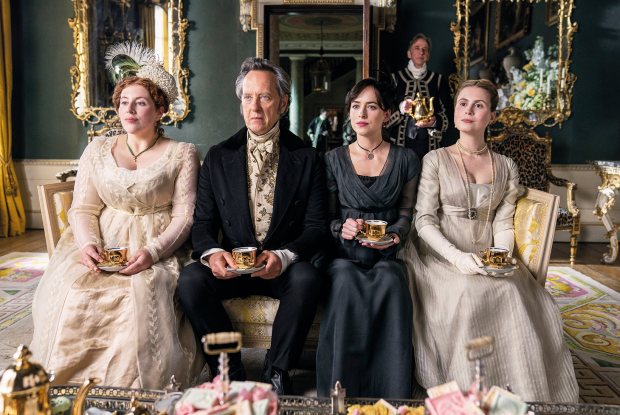

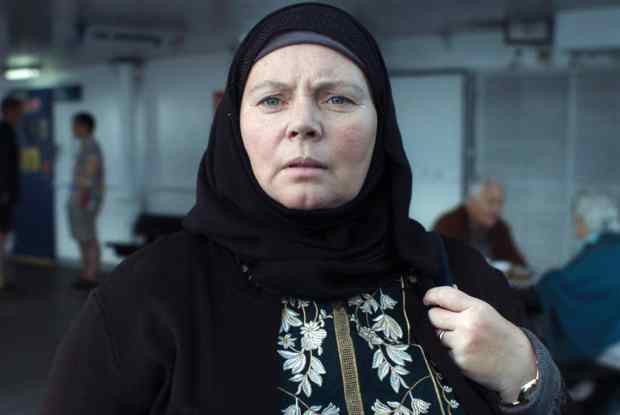






Comments
Don't miss out
Join the conversation with other Spectator Australia readers. Subscribe to leave a comment.
SUBSCRIBEAlready a subscriber? Log in